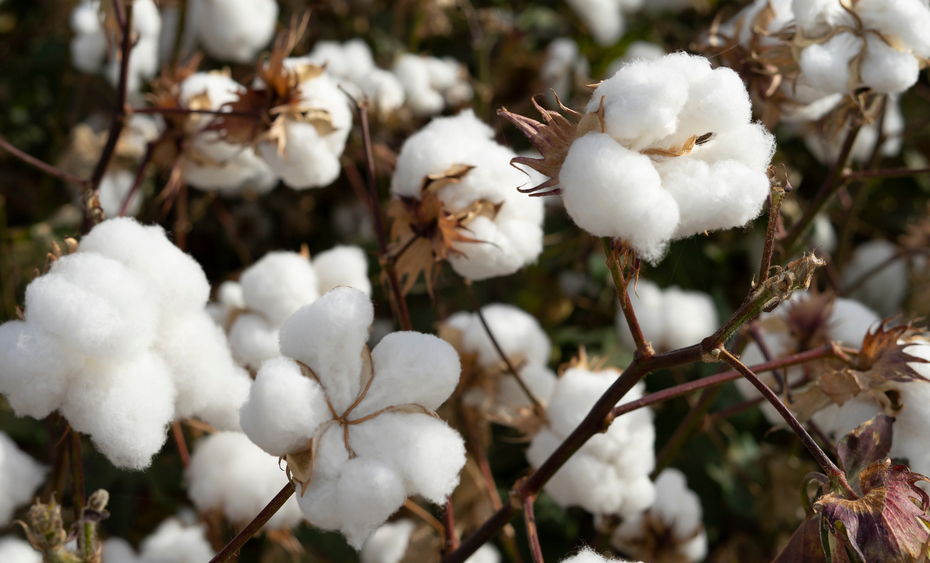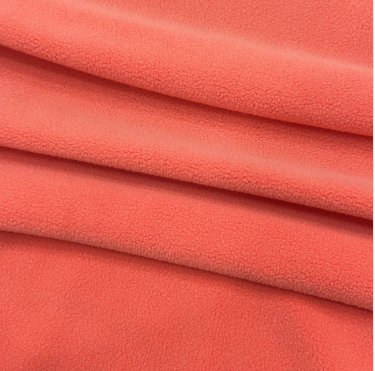
Cotton field background ready for harvest.
In the world of textiles, the battle between natural fibers and synthetic materials has been ongoing for decades. One of the most contentious debates revolves around the comparison of 100% cotton and polyester. Both fabrics have their unique characteristics, advantages, and disadvantages. In this article, we will delve into the qualities of each fabric, exploring their performance, comfort, environmental impact, and overall suitability for various applications. By the end, you'll have a comprehensive understanding of whether 100% cotton is truly better than polyester.
- Performance and Comfort:
When it comes to performance, cotton and polyester have distinct qualities. Cotton is known for its breathability, moisture absorption, and softness. It allows air to circulate, keeping the body cool and comfortable. On the other hand, polyester is highly durable, resistant to wrinkles, and has excellent color retention. It is often used in sportswear and outdoor gear due to its moisture-wicking properties. However, polyester can feel less comfortable against the skin, especially in hot and humid conditions. - Environmental Impact:
In recent years, environmental concerns have become increasingly important in the textile industry. Cotton, being a natural fiber, is biodegradable and renewable. However, its production requires significant amounts of water, pesticides, and fertilizers, contributing to water scarcity and pollution. Polyester, being a synthetic material derived from petroleum, has a higher carbon footprint and is not biodegradable. However, advancements in recycling technology have made it possible to produce recycled polyester, reducing its environmental impact. - Suitability for Different Applications:
The choice between cotton and polyester often depends on the intended use. Cotton is commonly preferred for clothing items like t-shirts, underwear, and bed linens due to its softness and breathability. It is also suitable for people with sensitive skin. Polyester, with its durability and wrinkle resistance, is often used in activewear, outdoor gear, and upholstery. It provides excellent moisture management and retains its shape well, making it ideal for athletic activities. - Maintenance and Longevity:
Cotton and polyester also differ in terms of maintenance and longevity. Cotton garments are generally easy to care for, as they can be machine washed and dried. However, they may shrink and wrinkle more easily. Polyester, on the other hand, is less prone to shrinking and wrinkling, making it low maintenance. It can withstand frequent washing and retains its shape well over time. However, it may be susceptible to pilling and can be more challenging to remove stains from.
Conclusion:
In the debate between 100% cotton and polyester, there is no definitive winner. Each fabric has its own strengths and weaknesses, making them suitable for different purposes. Cotton offers breathability, comfort, and a natural feel, while polyester provides durability, moisture-wicking properties, and easy maintenance. Ultimately, the choice between the two depends on personal preferences, intended use, and environmental considerations. By understanding the unique qualities of each fabric, you can make an informed decision when selecting textiles for your needs.

